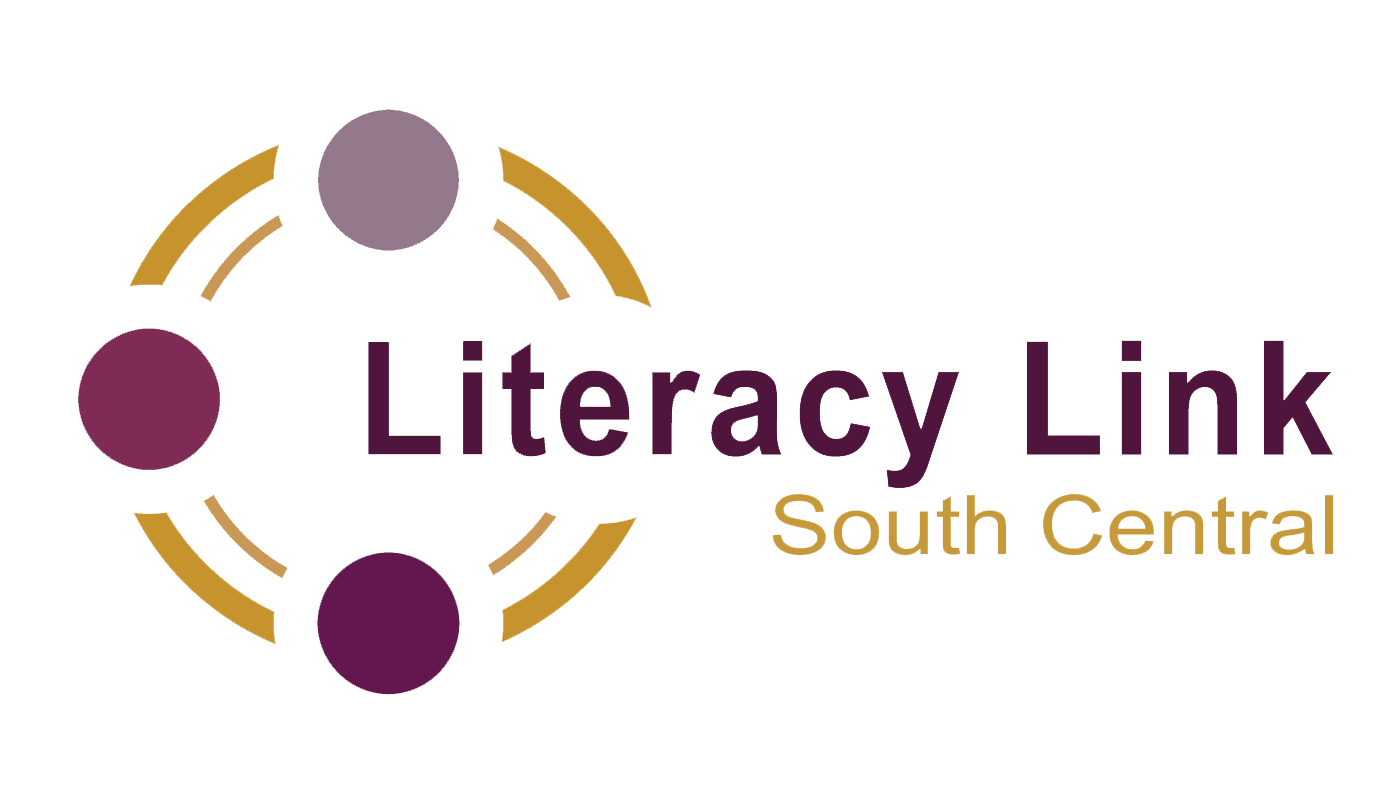Helping Adult Literacy Programs Deliver Virtually
Digitizing training material for use across Ontario
Literacy Link South Central (LLSC) sponsored a Job Creation Partnership Project (JCP) to digitize and make traditional paper-based and electronic adult literacy materials available and accessible for adult literacy practitioners and tutors to use in virtual teaching. The project included a 10-member team serving adult literacy programs in LLSC’s 6-county catchment area and it ran from February 2021 - January 2022.
JCP participants received extensive training in Accessibility and Universal Design from a Learning Design consultant. The materials they modified and digitized adhere to the principles of Universal Design of Learning (UDL).
On Friday, December 3rd, 2021, Carolina Cohoon, in her role as Learning Design Consultant, delivered the webinar, "The Impact of UDL and Accessibility Training in the JCP Digitization Project." Carolina introduced the methods used to train JCP participants in the principles of Accessibility and Universal Design for Learning (UDL) then discussed the impact of that training on their experience as JCP project participants. The JCP team members then shared testimonials about their experiences. The webinar can be viewed here. The team also delivered a webinar called “Digitization for Accessibility: Creating Fillable Forms in Adobe Acrobat (and other useful tools)” that can be viewed here.
The project had five main components:
1.
Assist the Canadian National Institute for the Blind (CNIB) Deafblind Community Services
programs with adding closed captioning to videos so that they can be useful to Deafblind LBS learners.
Click here
to view this training material.
2.
Identify traditional adult literacy materials that are used extensively by programs working with learners who have lower levels of literacy – series like Challenger and Breakthrough to Math. These series were specifically developed to assist adult learners in acquiring foundational skills, to which more specific and higher skills can be added. However, they were not available in a digital format, making them extremely difficult to use in virtual delivery. Note: The team worked with Laubach Literacy Ontario
to ensure they do not infringe on copyright issues.
3.
Digitize many of the 540 tasks on the Task-Based Activities for LBS
portal (the team digitized more than 100 of them). The team turned these tasks into fillable PDFs (and Google Forms) which can be used more effectively in virtual delivery. Currently, there are 540 tasks on the portal, organized by level and by goal path:
- Apprenticeship – 152 tasks
- Employment – 276 tasks
- Independence – 263 tasks
- Postsecondary – 115 tasks
- Secondary school credit – 123 tasks
4.
Work with community-based LBS providers who utilize tutors and provide prospective tutors with tutor training prior to matching them with adult learners – to digitize tutor training materials and activities.
5.
The team developed a 1-page matrix in concert with AlphaPlus
to help literacy practitioners decide which online platforms might be worth using and investing in to meet the digital delivery needs of their programs. The document assesses the pros and cons of Learning Management Systems (LMS) and evaluates the learning accessibility of Chrome Extensions available on the Apple Store.
There is no shortage of information available on the Internet, but LBS practitioners and managers do not have the time to research them all. Since many programs have inherited a platform (or may have latched on to one because it was the first one mentioned), this resource can help them determine which LMS and Chrome Extensions will support the digital needs of their learners.
Click here
to view and download the matrix.






